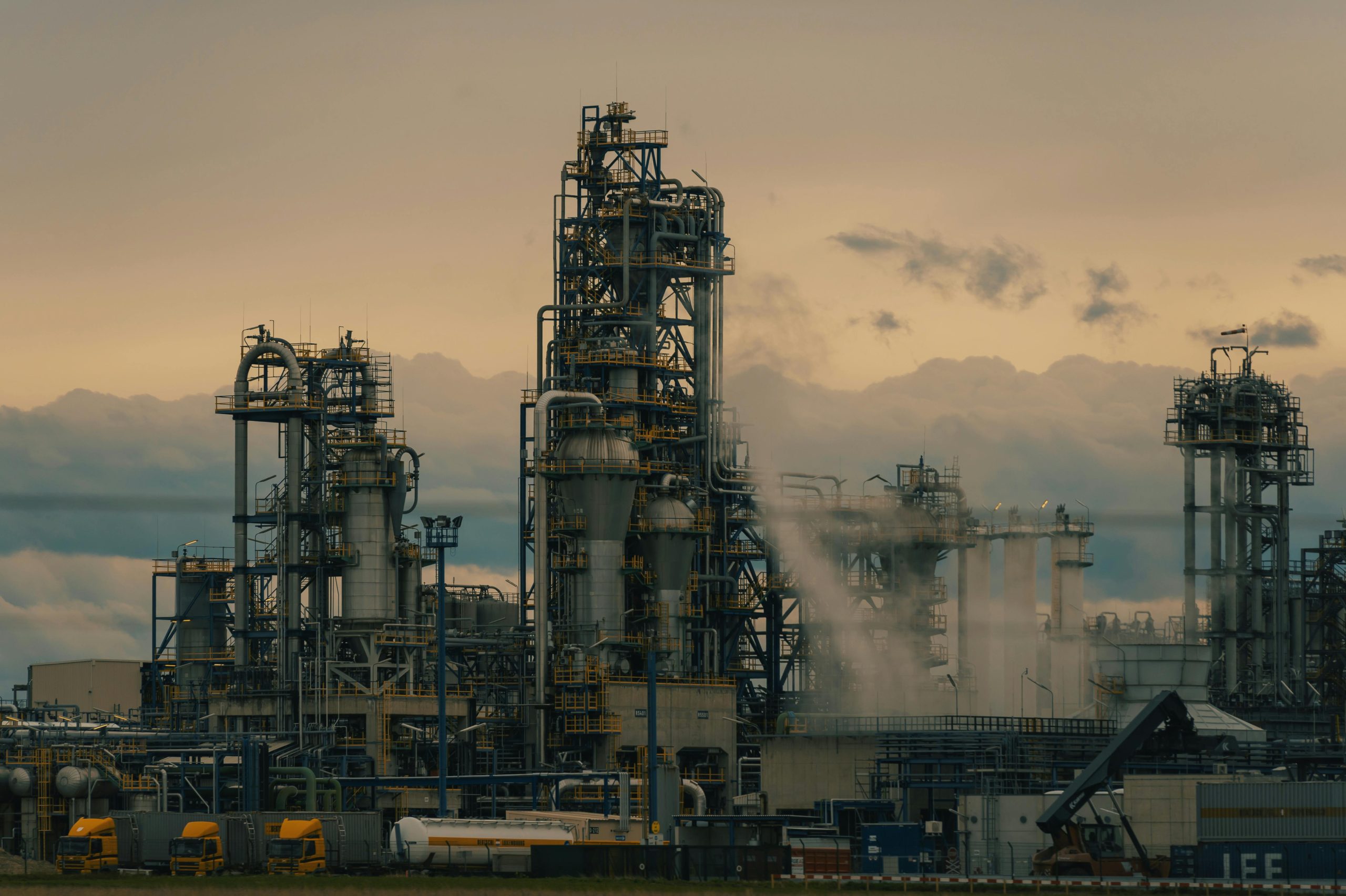The United States, dreaming of an industrial renaissance, faces a harsh reality check: a crippling shortage in its capacity to refine the very minerals that power modern manufacturing and national defense. While the nation sits atop significant mineral deposits, decades of neglect have left its processing infrastructure in tatters, creating a critical vulnerability that threatens to derail America’s resurgence. The data paints a stark picture: China has strategically seized control of the global mineral processing landscape, leaving the U.S. dangerously reliant on foreign supply chains for essential materials. This isn’t just an economic problem; it’s a national security nightmare.
The Alarming Scope of the Deficit
The numbers are hard to ignore. China, with a long-term strategic vision, now controls a staggering 60% of rare earth mining and over 90% of rare earth processing. This dominance extends across nearly every critical mineral, the building blocks of everything from smartphones to fighter jets. Consider the “strategic defense critical minerals,” those deemed most vital to U.S. security. China leads production in all but one.
The U.S. import dependence is equally alarming. For 12 minerals deemed critical by the U.S. Geological Survey, the nation is 100% reliant on imports. For another 29, it’s over 50%. Even imports from seemingly friendly nations often have hidden ties to Chinese processing, creating vulnerabilities that snake through the entire supply chain.
Aluminum: A Cautionary Tale of Decline
The aluminum industry serves as a stark warning. In 2024, U.S. primary aluminum production plummeted by over 10% to a mere 670,000 metric tons, a tiny fraction (17%) of the 4.3 million tons consumed. This is a shadow of the 3.8 million tons produced in 1999. Today, only four primary smelters remain, and most aren’t running at full tilt [16]. High energy costs and global competition have gutted the industry. Projections show U.S. aluminum demand potentially surging by 40% by 2035, requiring a nearly tenfold increase in domestic smelting capacity.
Copper: Resources Abundant, Refining Scarce
The copper sector reveals a similar bottleneck. The U.S. boasts substantial copper reserves, enough to meet projected clean energy demands. Yet, refining capacity has dwindled, with the number of refineries shrinking from nine in 2000 to just five in 2023. Consequently, the U.S. exports significant amounts of mined copper for processing elsewhere. Demand is projected to double by 2035, driven by the electrification revolution. Without a dramatic increase in refining capacity, the U.S. will become even more reliant on imported refined copper.
Rare Earths: Breaking China’s Grip
The rare earth element sector presents perhaps the greatest challenge. China’s near-monopoly on production and processing (over 69% and nearly 90%, respectively) gives it immense leverage. Recent export bans on key technologies further solidify its control. While some progress is being made, with companies like MP Materials establishing processing facilities, the scale is insufficient to challenge China’s dominance.
China’s Strategic Playbook
China’s dominance isn’t accidental. It’s the result of a deliberate, two-decade-long strategy. A staggering $57 billion in loans from Chinese financial institutions fueled mineral extraction and processing projects in developing nations. These investments were strategically structured to give Chinese companies controlling stakes. Lower production costs, government subsidies, and less stringent environmental regulations have further cemented China’s advantage. This has created a situation some describe as “OPEC squared,” where China controls not just the resources, but the entire processing chain.
The Price Tag of Independence
Achieving mineral processing independence will require an investment on a scale unseen in modern American history. Estimates suggest a twenty-fold increase in U.S. refining capacity is needed. For aluminum alone, meeting projected demand would require a six-fold increase in production capacity. The energy demands of this expansion are also significant, requiring substantial investments in new power infrastructure.
A Glimmer of Hope: Policy and Private Initiatives
The Trump administration has taken initial steps, launching investigations into the national security implications of critical mineral imports. However, tariffs alone won’t solve the problem. Several private sector initiatives offer a glimmer of hope. A new lithium refinery in Oklahoma and rare earth processing facilities represent important investments. International partnerships, particularly with Canada, Australia, and the UK, are also being explored.
Learning from the Petroleum Sector
The petroleum refining sector offers a contrasting success story. Robust domestic capacity demonstrates what the U.S. can achieve with the right investment and policies. Recent expansions, like ExxonMobil’s $2 billion investment in its Beaumont, Texas refinery, show the scale of investment possible.
The Stakes: National Security and Economic Survival
The mineral refining deficit poses a direct threat to U.S. national security. The military relies heavily on these processed minerals. Without domestic processing capabilities, the U.S. risks losing its technological edge. Economically, the consequences are equally dire. The U.S. must transform its approach to industrial policy, streamlining regulations, developing its workforce, and fostering technological innovation. Failure to act decisively will leave the nation vulnerable and dependent. The time to rebuild America’s mineral processing foundation is now.
Read our full Report Disclaimer.
Report Disclaimer
This report is provided for informational purposes only and does not constitute financial, legal, or investment advice. The views expressed are those of Bretalon Ltd and are based on information believed to be reliable at the time of publication. Past performance is not indicative of future results. Recipients should conduct their own due diligence before making any decisions based on this material. For full terms, see our Report Disclaimer.

